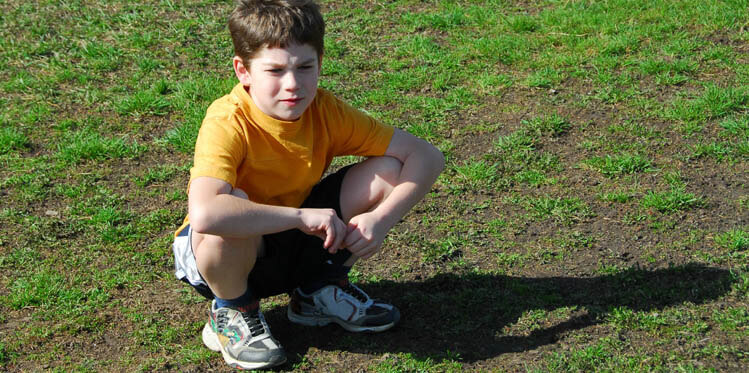2 tips from the pro’s
When I first started coaching primary school kids I made a fundamental error which cost me control of a group for a couple of sessions. I had one disruptive influence who would generally do the opposite of what I asked and would invariably go and hide requiring me to call him back.
I’ve always asked schools what options I have on the disciplinary front and generally it boils down to “send them to reception” which is in itself pretty disruptive and what I’d consider my very last option. In this particular case I thought I’d show him what he was missing. Every time he hid, I’d introduce a game he liked. Often he’d come back at which point I’d delay his joining in until the last minute or so and then switch activities. My thinking was that he’d rather join in than hide but the reality was very different and a tit for tat battle that neither of us gained anything from resulted and if anything the other kids became harder to manage as I was having to devote so much time to one individual.

I have a few teacher friends and I called a couple for advice.
The first gave me some general “light” discipline advice. 5 press ups as a penalty. Most kids love to show off so banging out a few press ups gives them the attention they want, an added benefit is it tires them out and brings the class together. Often the rest of the group joins in, either doing the press ups or counting down the five. There are only two rules with this, be consistent in your application and don’t be fussy about the style of press up, any vague press up action as long as it’s not dangerous to their health achieves the goal.
The second was geared to the individual mentioned above. If a child is playing up it is usually to get attention. I made the schoolboy error of trying to deny them this in the example above. My school teacher friend recommended the opposite. Give them responsibility. Make them pick a team, make them in charge of the bag of balls or sack of javelins and give them a clear target: “make sure everyone gets one javelin each”; “make sure everyone puts the javelins back in pointy end first”; “organise who’s in defence or attack”. This has multiple benefits, the child concerned gets to be in charge and that satisfies the need for attention and instead of you trying to round up all the equipment your unruly pupil does so instead.
Both methods have worked for me, hopefully they can help you too.
Steve McCan – Athletics Coach
